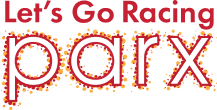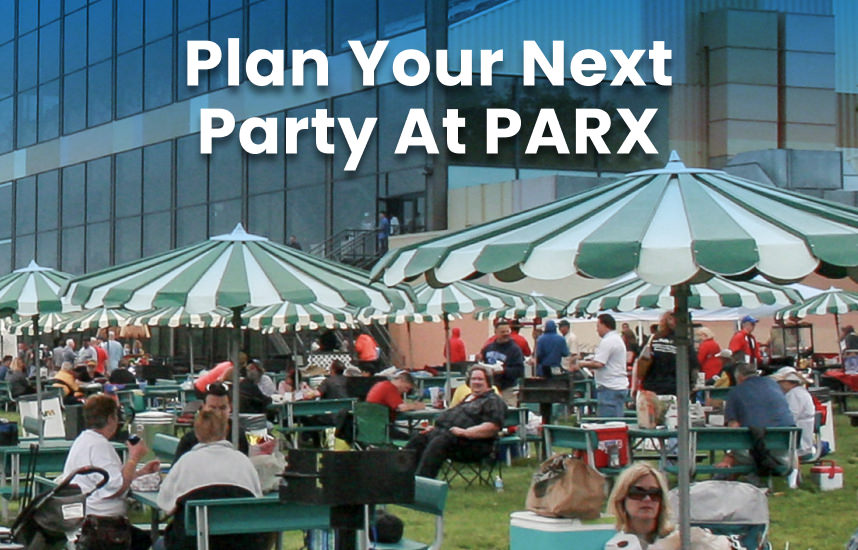When Northview Pennsylvania opened for business in 2009, it was the showplace horse farm in the Commonwealth. As it is closing on its first decade, Northview, located in Lancaster County, remains that showplace and farm manager Tim Fazio says business “is as good as it’s ever been, if not better as far as our numbers here go.”
Northview is a picturesque 180 acres in Peach Bottom, with its eight-stall stallion barn and two 20-stall foaling barns all built by local Amish craftsmen. The farm has top Pennsylvania stallion Jump Start, sire of 53 stakes winners and 16 graded stakes winners, including Prayer for Relief, Pants on Fire and Rail Trip. Young stallions Uncle Lino and Peace and Justice are set to carry on for Jump Start and Bullsbay, who is breeding fewer mares these days and the now-retired Fairbanks.
Jump Start bred between 70 and 75 mares in 2016 and 2017. The 19-year-old will be in the 60s this year, Fazio said.
“He’s doing fabulous, but we don’t push him,” Fazio said.
Uncle Lino, a son of the very popular stallion Uncle Mo, bred 103 mares in 2017 and has bred more than 110 in 2018. So, in just two years at stud, Uncle Lino has been bred to more than 200 mares, a very good start for a stallion that should give him a real opportunity to get some winners on the track.
“He’s very popular,” Fazio said. “People have been really happy with their foals. A lot of people who bred to him last year sent either the same mares or different mares back to him this year.”
Peace and Justice, a son of the very accomplished stallion War Front, is in his second year overall, and first year at Northview. Fazio thinks he’s been bred to approximately 70 mares this year. According to Fazio, Steve Young, who owns Peach and Justice, “hand selected every mare, so there are mares with a lot of speed and were good 2-year-olds.”
Northview Pa. has a dozen full-time employees and they are as busy now as they have ever been.
“We’ve seen a dramatic increase over the last couple of years, in particular from last year to this year,” Fazio said. “Our farm has had a 40 percent increase in the amount of mares we foaled here. The attitude of the breeders, it’s a good feeling I’m getting right now. We’ve had more mares, we’ve had better quality mares.”
Many more mares than usual came in December to qualify as “resident mares” to have Pennsylvania-Breds.
“They would come in foal to sires the likes of Candy Ride, Tiznow, some of the more high-profile Kentucky stallions,” Fazio said. “They would come and foal here in Pennsylvania.”
The Pennsylvania-Bred racing program now has the kind of allure that is helping the business of farms like Northview.
“It seems like people are willing to breed here again and send some of the better mares,” Fazio said. “Things seem to be headed in the right direction, that’s for sure.”
One of the misconceptions about Pennsylvania breeding, Fazio said, is that people “think the money is leaving the state and not coming back in, which isn’t really true. The amount of money these people are sinking in just getting a mare in foal certainly helps the economy… Most of these people are putting more money in than they are getting out. These people aren’t making money in general. They’re putting way more money into vet bills, training bills, blacksmith bills, all this stuff.
“Every once in a while we get a new client that has some really good luck to begin with and I always try to temper their expectations. I say, ‘I’m really happy everything’s going well for you right now, but don’t expect this. This is not the way it works.’”
In fact, what Fazio sees is a microcosm of the wider participation in the state.
“Most of my clients might have a filly they ran, they liked her and wanted to breed her,” he said. “It’s more like a lot of sentimental (value). I always tell people every penny you put into it, you’ve got to be okay with never seeing it again.”
Northview’s clients are a peek into the horse industry as a whole in the Commonwealth. There is certainly a substantial amount of money flowing through it, but the reality is that almost nobody is getting rich, such are the ongoing expenses that go to fund all those employed in horse racing, thousands upon thousands who pay taxes, buy property, and support businesses in their communities, very much a cog in the state’s economic engine.
By Dick Jerardi






